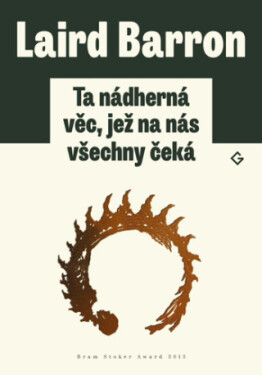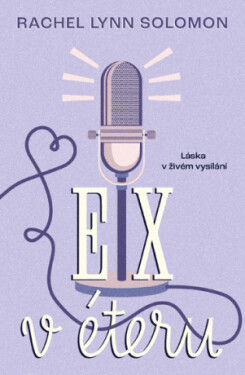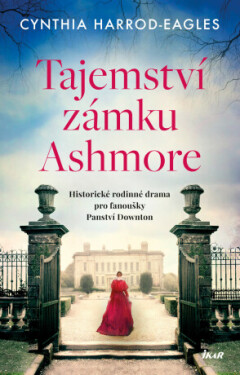Popis produktu
eBook: Česko-anglická monografie o sbírce hudebních nástrojů Antonína Buchtela volně navazuje na předchozí svazky řady Editio Monographica Musei Nationalis Pragae, které již představily dvě zajímavé soukromé sbírky hudebních nástrojů a jejich původní majitele, a sice Ondřeje Horníka a Josefa Šedivu. Jakkoli mají tyto sbírky i jejich původci určité společné rysy a všechny tři přírůstky do muzejního fondu dělí necelé půlstoletí, přece vykazují značné rozdílnosti dané nejen dobou vzniku, ale též osobností jejich majitele a prostředí, které je vytvářelo. Buchtel získal společně s teologickým vzděláním široký kulturní rozhled, který navíc doplňoval jeho celoživotní zájem o hudbu. Knihovna spolu s hudebním archivem Antonína Buchtela tvoří důstojný protějšek k jeho sbírce hudebních nástrojů. V současném rozsahu představuje Buchtelova sbírka a její osudy velice zajímavou kapitolu nejen v rámci muzejního fondu, ale i v historii české hudební kultury. Průzkum této sbírky a osobnosti jejího majitele otevřel před autory autentický svět druhé poloviny 19. století z pohledu kultury, již lze slovem „regionální“ nazývat pouze z hlediska geografického. This monograph about Antonín Buchtel’s collection of musical instruments is a loose continuation of the series Editio Monographica Musei Nationalis Pragae, which has already presented two interesting private collections of musical instruments and their original owners, namely Ondřej Horník and Josef Šediva. Although these collections and their originators share certain features, and all three collections were acquired for the museum within the period of not quite half a century, they also exhibit considerable differences given not only by when they were created, but also by the personalities of their owners and the environments that shaped them. Along with his theological education, Buchtel acquired broad cultural horizons, adding to his lifelong interest in music. Antonín Buchtel’s library and music archive are a worthy counterpart to his collection of musical instruments. Buchtel’s collection in its current extent and the fates of the instruments in it are a very interesting chapter not only in the context of the museum’s collections, but also in the history of Czech musical culture. This study of the collection and of the man who owned it has revealed to the authors the authentic world of the latter half of the 19th century from the perspective of culture, which can be referred toas “regional” only from a geographical perspective.
 Ta nádherná věc, jež na nás všechny čeká - Laird Barron - e-kniha
297 Kč
od Knihydobrovsky.cz
Ta nádherná věc, jež na nás všechny čeká - Laird Barron - e-kniha
297 Kč
od Knihydobrovsky.cz
 Ex v éteru - Rachel Lynn Solomon - e-kniha
289 Kč
od Knihydobrovsky.cz
Ex v éteru - Rachel Lynn Solomon - e-kniha
289 Kč
od Knihydobrovsky.cz
 Leviatanova zhouba - James S. A. Corey - e-kniha
259 Kč
od Knihydobrovsky.cz
Leviatanova zhouba - James S. A. Corey - e-kniha
259 Kč
od Knihydobrovsky.cz
 Tajemství zámku Ashmore - Cynthia Harrod-Eagles - e-kniha
279 Kč
od Knihydobrovsky.cz
Tajemství zámku Ashmore - Cynthia Harrod-Eagles - e-kniha
279 Kč
od Knihydobrovsky.cz